A FOIA request revealed the letters sent to Apple and big tech over the TikTok ban, and they claim the law wouldn't be enforced due to it interfering with the President's management of foreign affairs.
TikTok was banned originally due to the Protecting Americans from Foreign Adversary Controlled Applications Act that was signed into law under the Biden administration, though it was brought about by President Trump's desire to ban the app. However, he changed his tune when he discovered his supporters used the platform, so he signed an executive order immediately after being sworn in that would delay the ban in the hopes a deal would be made.
Fast forward 75 days, then 75 days again, and the ban has been delayed three times total as no deal has been made. In that time, Apple restored TikTok to the App Store, not because it was legal, but because the Attorney General said the DOJ wouldn't enforce the law.
Today, we can now read what the letters said.
A Freedom of Information Act request made by Anthony Tan of MuckRock ����Vlog revealed the letters sent by Attorney General Bondi and by law professor Alan Rozenshtein on Bluesky. Read the full FOIA releases via the shared by Rozenshtein.
The key portion reads:
The Department of Justice is also irrevocably relinquishing any claims the United States might have had against Apple Inc. for the conduct proscribed in the Act during the Covered Period and Extended Covered Period, with respect to TikTok and the larger family of ByteDance Ltd. and TikTok, Inc. applications covered under the Act. This is derived from the Attorney General's plenary authority over all litigation, civil and criminal, to which the United States, its agencies, or departments, are parties, as well as the Attorney General's authority to enter settlements limiting the future exercise of executive branch discretion.
Basically, President Trump has claimed via an executive order that the law passed by Congress interferes with his ability to regulate foreign affairs as set by Article II of the Constitution, thus he's able to suspend enforcement of the law, which the Attorney General has agreed with. So, TikTok being banned would somehow interfere with foreign policy.
Regardless, the reason for the ban being paused was repeated by the Trump administration regularly — the pause and multiple extensions are meant to appease voters while a deal is made to buy a portion of TikTok.
The so-called "TikTok America" would divvy up ownership of the company in a way that would make TikTok comply with the law and avoid a ban. It would be 50% owned by new American investors, 30% by existing investors, and 19.9% by ByteDance.
In spite of that plan that would line American investors, and Donald Trump's friends' pockets, China doesn't seem to be biting. The situation has also been complicated by nonsensical global tariffs in the pursuit of deals that, so far, have come out worse for American consumers.
The repeated insults to China, like Vice President JD Vance calling the workers "peasants," the targeted tariffs, and other aggressions levied by the United States seem to have put the TikTok deal on the back burner. Law enforcement delay number three is the longest yet at 90 days, and it seems we're no closer to TikTok America.
Apple is safe from being targeted by lawsuits and fines from the DOJ over TikTok, but it's still dealing with the ramifications of the other policies being created by the administration. An earnings call on July 31 will reveal exactly how much financial damage has been done in Q3 as a result of tariffs.
 Wesley Hilliard
Wesley Hilliard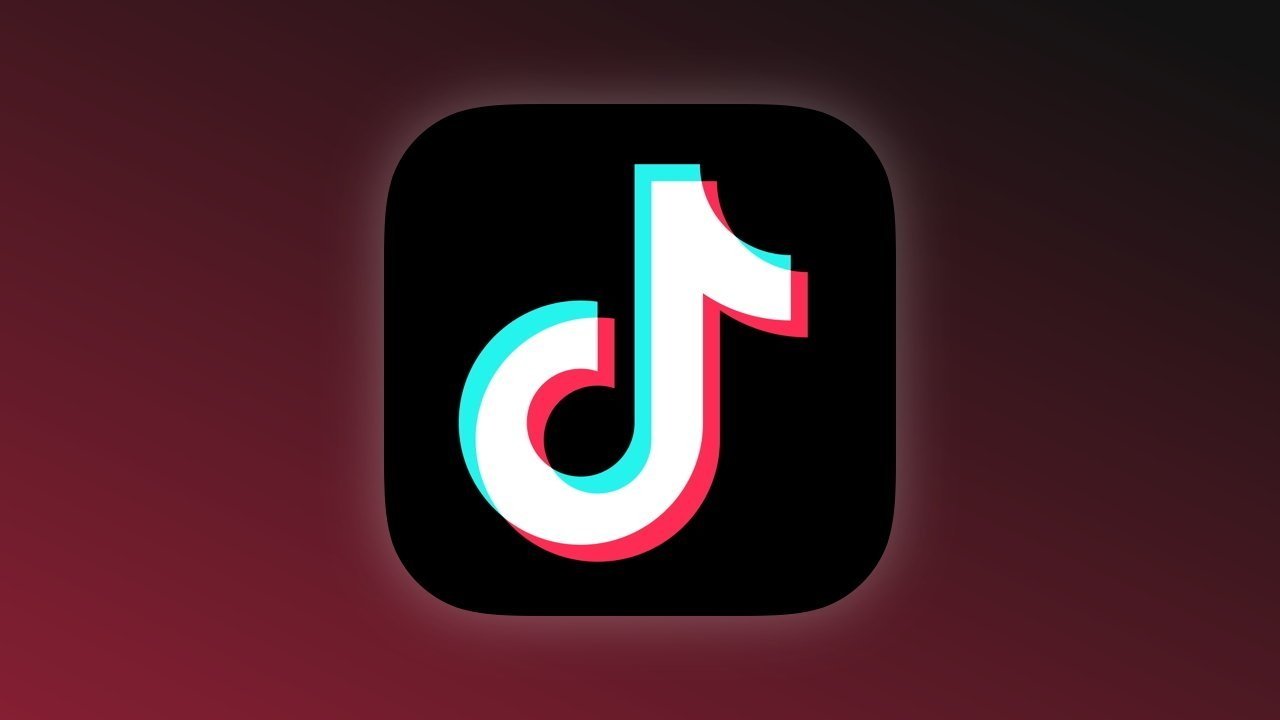
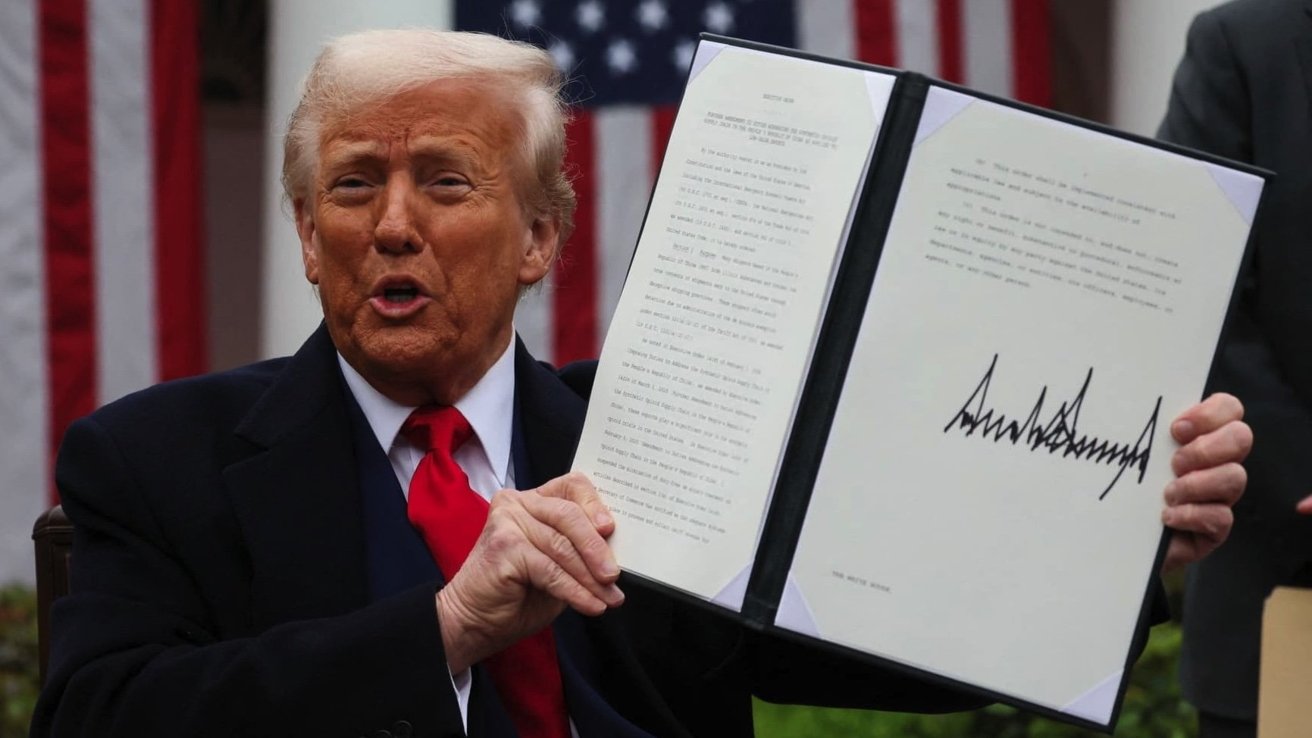
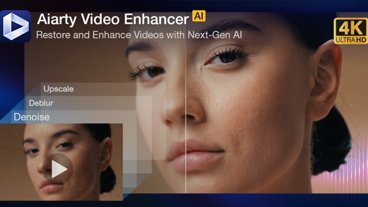
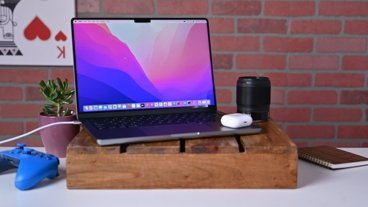
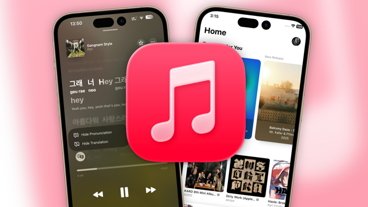

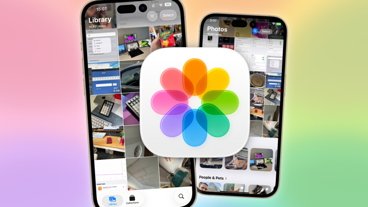

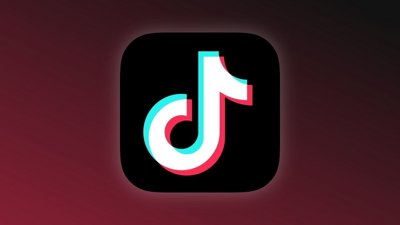
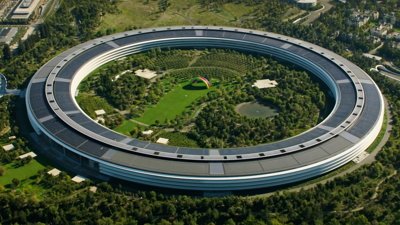

 Malcolm Owen
Malcolm Owen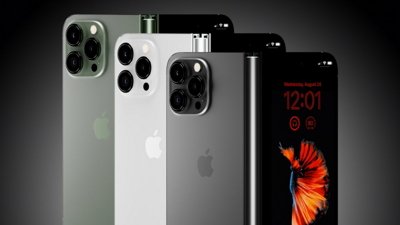
 Oliver Haslam
Oliver Haslam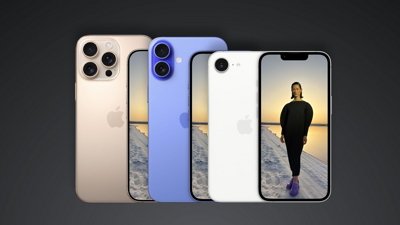
 Andrew Orr
Andrew Orr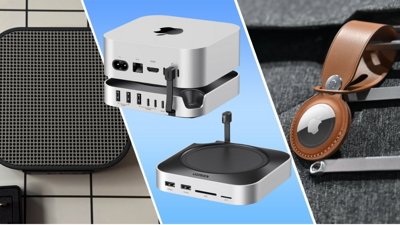
 Christine McKee
Christine McKee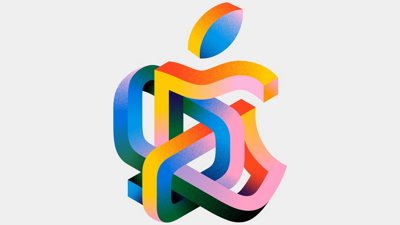
 Amber Neely
Amber Neely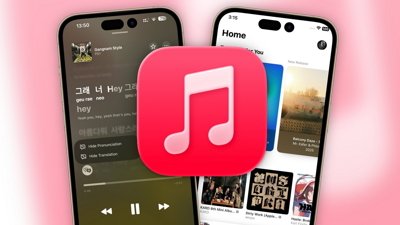
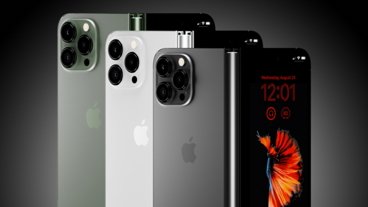
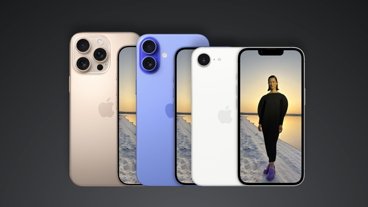
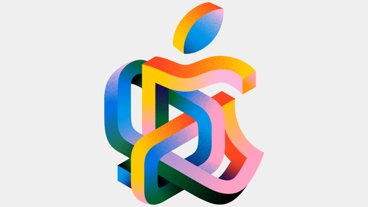
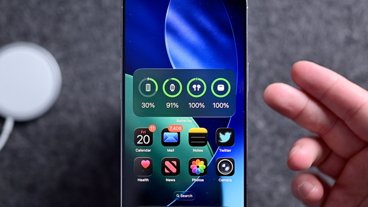
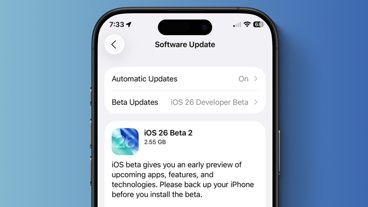





There are no Comments Here, Yet